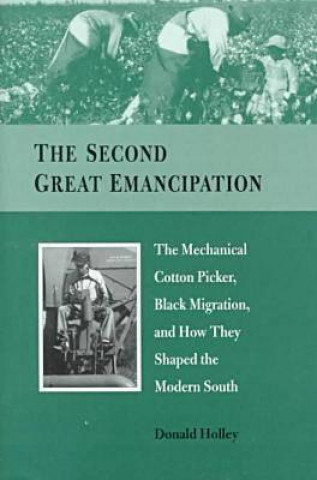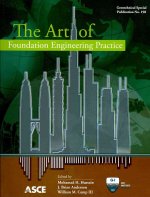
Dostawa
Doradca ds. zakupów
16 131 539 książek w 175 językach







Pokaż wszystkie języki (175)





Jednak się nie przyda? Nic nie szkodzi! U nas możesz zwrócić towar do 30 dni
 Bon prezentowy
O dowolnej wartości
Bon prezentowy
O dowolnej wartości
Bon prezentowy to zawsze dobry pomysł. Obdarowany może za bon prezentowy wybrać cokolwiek z naszej oferty.
Second Great Emancipation
 Angielski
Angielski
 118 b
118 b
30 dni na zwrot towaru
Mogłoby Cię także zainteresować


In the "Cotton South" before World War II, every task, from plowing to cultivating to harvesting the crop, was done by hand. These labor-intensive practices, coupled with too many farmers -- both tenants and owners -- trying to survive on small, uneconomical farms, kept the region poor, backward, and unmechanized. From 1940 to 1970, however, in the Great Migration, southern blacks and whites thronged to new opportunities in the postwar, industrial North.In this revisionist study, Donald Holley marshals impressive statistical and narrative evidence to show that mechanization occurred in the Delta region of Arkansas, Louisiana, and Mississippi only after the region's oversupply of small farmers was reduced. He thereby corrects a long-standing belief that mechanization "pushed" labor off the land.Development of the mechanical cotton picker not only made possible the continuation of cotton cultivation in the post-plantation era, it helped free the region of Jim Crow laws as political power was relocated from farms to cities and thereby opened the door for the civil rights movement of the 1950s. Just as President Lincoln's Emancipation Proclamation freed African Americans from chattel slavery, the mechanical cotton picker freed laborers from the drudgery of the cotton harvest and brought the agricultural South into a period of greater prosperity.
Informacje o książce
 Angielski
Angielski
Kategoria




 Jak kupować
Jak kupować

























